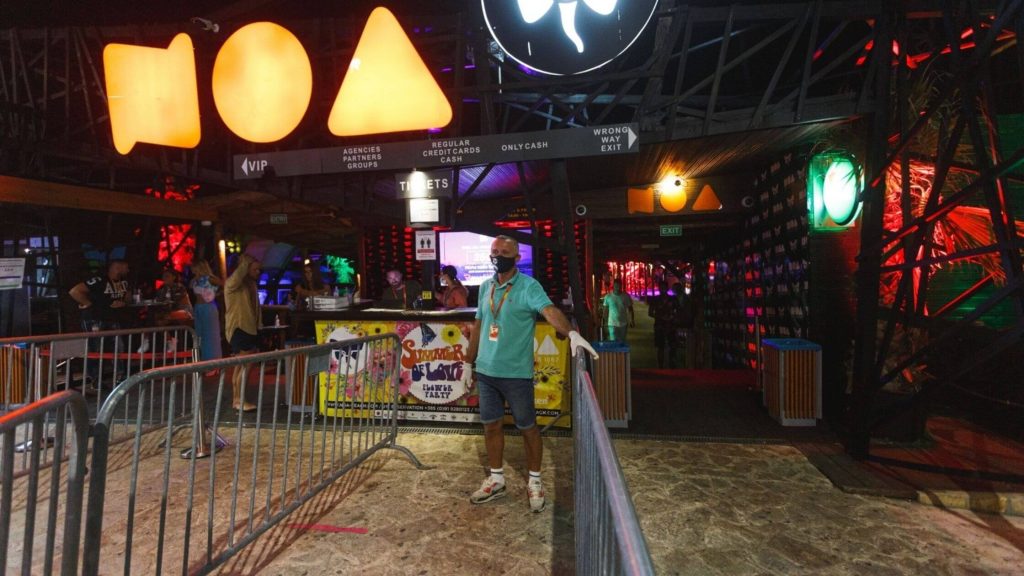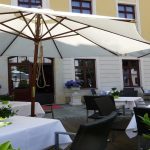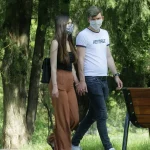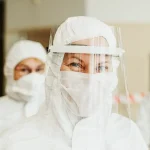Despite today’s minimal increase in new coronavirus cases, there have been significant decreases in new cases, hospitalisations and deaths in the past few weeks, which allows for returning to a regular work dynamic, he said at a cabinet session.
The population’s immunity, thanks to recovery from COVID and vaccination, also allows for considering a relaxation of the protocols, he added.
Although the most important restrictions, on gatherings, crossing the border, shops’ business hours, public transport, and wearing masks, are in force until the end of this month, those on gatherings and economic activities will probably be relaxed early next week, Božinović said.
According to him, there is no information that the Ukraine refugee wave has considerably affected the epidemiological situation.
Refugees are tested in reception centres and if they are positive, adequate accommodation is provided, he said.
70.6% of adults vaccinated
Health Minister Vili Beroš said that today 2,588 new COVID-19 cases were detected by PCR testing and 662 by rapid antigen testing, which is up 0.21% on the week.
Hospitals are gradually reducing their COVID capacity, which allows for providing more comprehensive care to oncology, mental and post-COVID syndrome patients, he said.
Based on the results of 2021 population census, 70.6% of the adult population has been vaccinated, he said, adding that as of today inoculation begins with Novavax, a new protein vaccine.
Beroš went on to say that since 25 February 249 medical services and 14 emergency medical services had been provided to Ukrainian refugees, that three had been hospitalised, and that five had tested positive for coronavirus.
Ukrainian refugees can get vaccinated against COVID as well as measles, mumps, rubella and polio, he said, adding that there is a big measles and rubella epidemic in Ukraine due to poor vaccination.
For more news about Croatia and the COVID situation, click here.











